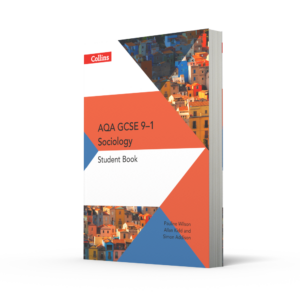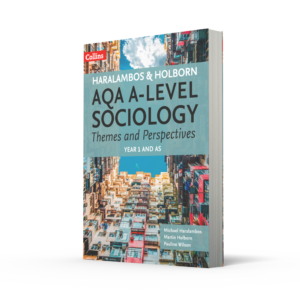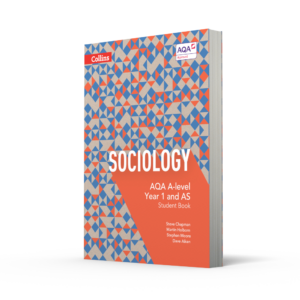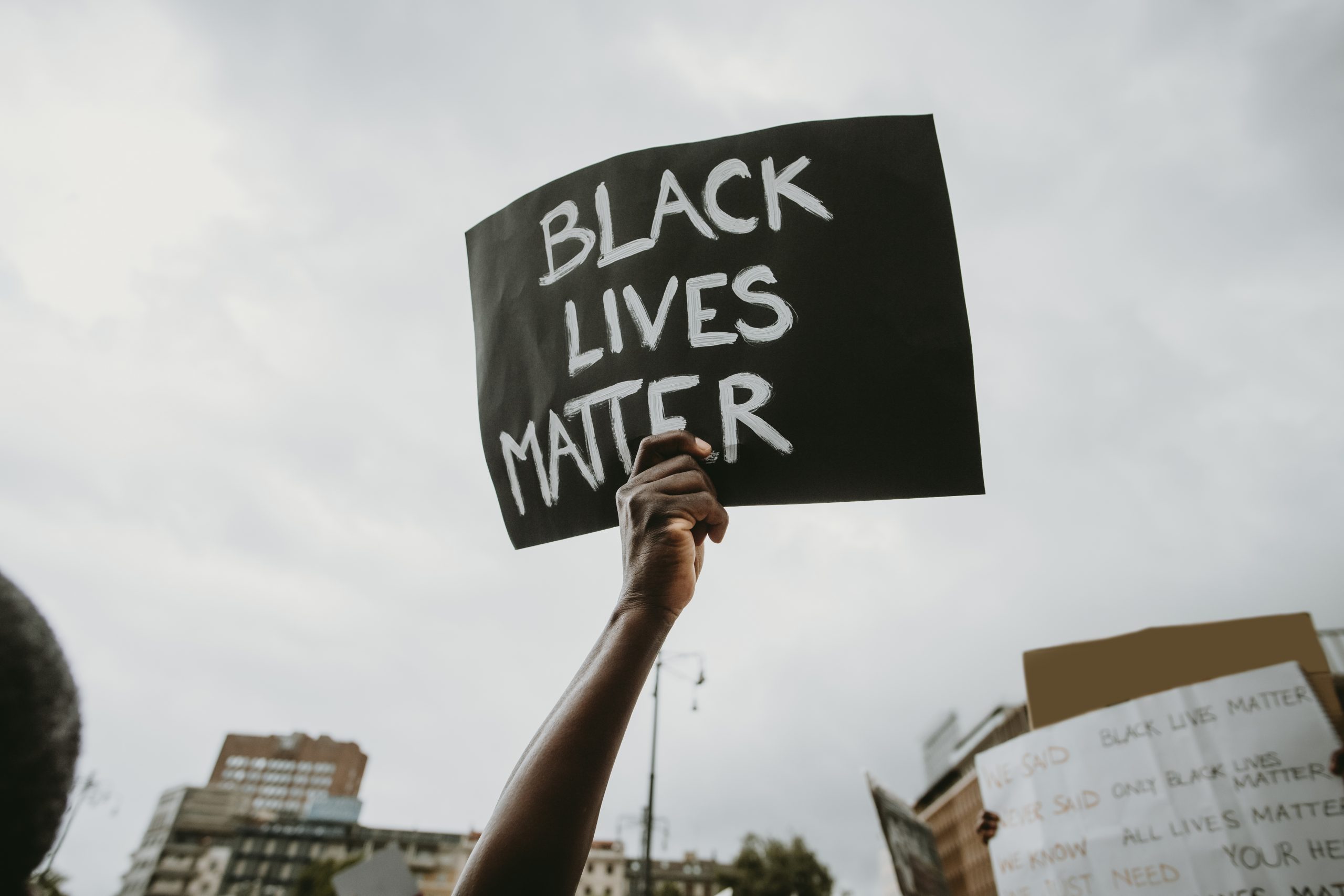Teaching sociology is a collective action. It is important to recognise that we are equipping the next generation with critical skills and insights that can possibly lead to social change. We should not turn away from addressing controversial or sensitive issues and events, but teach our students how to examine social phenomenon using sociology confidently and unapologetically.
The Black Lives Matter movement has commanded the attention of the whole world, as it should considering the frequent examples of police brutality and institutional injustice it has brought to light. As a sociology teacher, it is hard not to look at the recent events of the mass global protests triggered by the death of George Floyd, an unarmed black man who died due to police brutality, through a sociological lens and wonder if we are actively playing a part in social change. I have often found that sociology challenges students’ values, culture and superficial understanding of society. Students finish their Sociology A-level with a critical perspective on society and social phenomena; that is why it is important that we as educators should actively engage our students with present-time events.
Racial inequality is addressed throughout all modules within sociology, emphasising its significance. From a macro sociological perspective, racism very simply is systematic exclusion with economic power. While racism is often dismissed as an issue belonging to the past, it is embedded within our institutions and policy. Recent events are exposing this embedded covert racism, and as sociology teachers we should bring this to the attention of our students.
In the past, I have had students who have agreed with the feminist critique of sociology being ‘malestream’ and they have also highlighted the lack of racial diversity in the sociologists they learn about. This has motivated me, where possible, to actively make their learning experience reflect the world’s diversity. As educators I think the most important lesson we can learn is the lesson of inclusion. It can often be uncomfortable to have those discussions centred on sensitive issues and events, but students should be encouraged to critically engage with these topics and events. It is this application of sociology to contemporary events that makes the subject come alive in the classroom.
Four key ideas for exploring recent events with your students
-
Discussions in the classroom and virtual learning
When orchestrated correctly, discussions can be a powerful tool in learning. However, if you have a shy class or one student who dictates the conversation, discussions can easily be rendered ineffective, particularly on sensitive issues such as racism. Here are some suggestions to overcome this barrier and enable engagement for all.
- Assure students that the classroom or virtual classroom is a safe space for sharing: they may want to share their own experiences of racism
- Encourage students to articulate themselves in a respectful and tolerant manner
- Start students off with a stimulus such as a clip, news article or photo. This could even be given to them before the discussion so they can prepare their thoughts
- For virtual learning you could screen share (Zoom, Microsoft Teams etc.) and watch news clips or share any stimulus and facilitate a discussion around the recent events. You could also host a virtual book club for students: before the lesson, ask students to read a piece of text which is centred around race relations in the UK/USA, racism, high profile racial incidents or anything you find suitable. Alongside the text, you could pose a few questions to help students examine and understand the text; these questions can then be used to facilitate the start of the discussion during the virtual lesson
- Get students to discuss in small groups
- Ask students direct questions
- Challenge their perspective.
-
Use contemporary examples
There are lots of connections that can be made between recent events, particularly the protests, and elements of the existing A-level Sociology modules. Using contemporary examples allows the sociology curriculum to come alive. For instance, you could make the following links:
Crime and Deviance module
- The Black Lives Matter protests can be linked to the crime and deviance module, when you examine conflict and consensus policing. Observe the perceptions of how the protestors were treated, or the relationship between the protestors and police officers
- Police brutality can be linked when examining stop and search patterns and the treatment of ethnic minorities
- The lack of investigations into suspicious deaths of black people in police custody or deaths by negligence from hospitals/ social services etc. can be linked to ethnicity and victimology.
Media module
- The Black Lives Matter protests and the perception of the protests sparking rioting, looting and violence can be linked to moral panics
- The media depictions of Black Lives Matter protests and counter protests of far-right groups. The media depictions of Black Lives Matter protests and counter protests of far-right groups can be linked to the process of selection and presentation of the content of the news
- Media representation of ethnicity and racial stereotypes. The Black Lives Matter protests can be linked to the media representation of ethnicity and racial stereotypes.
Beliefs in society module
- Counter protests from far-right groups can be linked to secular fundamentalism.
-
Inclusion of BAME sociologists
Strive to include a diverse range of sociologists in lessons or homework. You can even give students research to pre-read or allocate a project to study, or ask them to create a fact file on a sociologist and present this to the class. Use images of the sociologists, so that students can recognise sociology is a voice for all. A few recommended sociologists that I have used within my lessons have been:
- Heid Mirza
- Tony Sewell
- Dr William Henry
- Chimamanda Ngozi Adichie
- Nawal El Saadawi.
-
Sociology beyond the curriculum
The sociology curriculum is limited in comparison to the range of sociology topics that are offered in higher education. But this allows us as teachers to show off our expertise by including sociological interests that are not present within the curriculum to provide a more holistic learning experience. Creating your own assemblies, sociology taster classes or extracurricular activities can be useful during this time. For instance, topics such as the social construction of ‘race’, social movements and social protests, history and race relations can be beneficial to students’ learning and demonstrate synoptic links.
By Annalisea Whyte, an experienced social science teacher based in London
Another Sociology blog you might like: Examining Covid-19 through a sociological gaze
You might also be interested in Collins Sociology resources for GCSE and A-level. Click on the book jackets to find out more about a specific resource, or click here to see our full list of resources.






